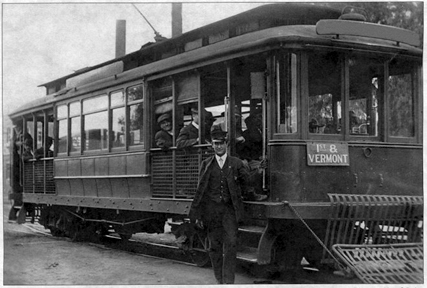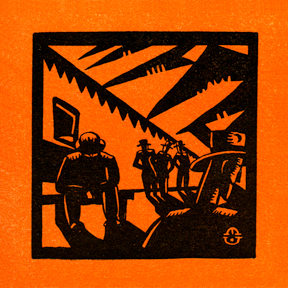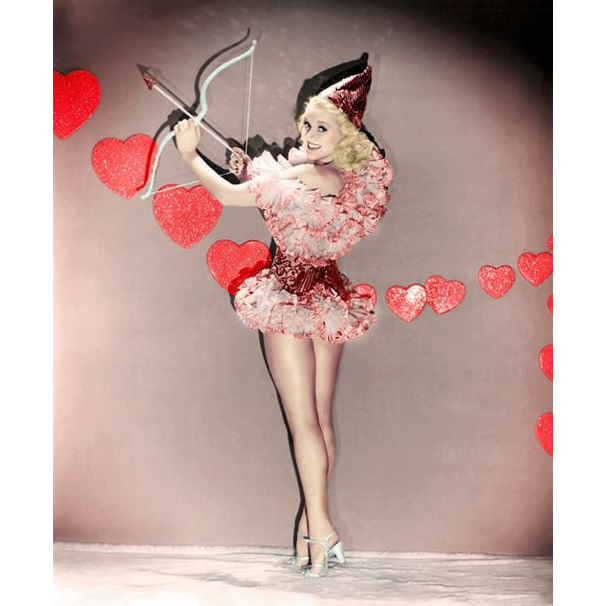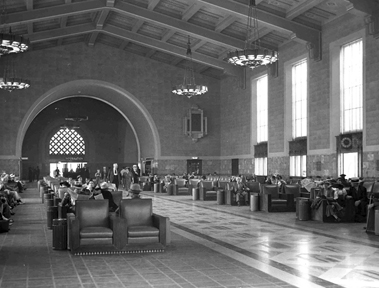This post first ran on May 30, 2012, but we’re revisiting it because today’s our birthday.
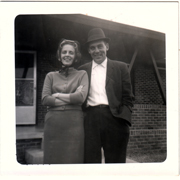 The piece of ephemera that inspired this post falls just outside the Cladrite Era, but we were so tickled by it, we just had to share.
The piece of ephemera that inspired this post falls just outside the Cladrite Era, but we were so tickled by it, we just had to share.
A couple of years back, our aunt presented us with a stack of photographs, letters and other documents that had belonged to her parents (our grandparents), and below is the announcement our parents sent out on the occasion of our birth (to give it proper context, we should explain that our father, who’s still going strong at 85, was, for more than thirty years, a Volvo dealer).
This pleases us to no end, we have to say. It’s so clever, and we love imagining our folks, who were 29 and 25 at the time, working on this together.
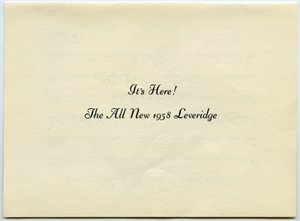 |
|
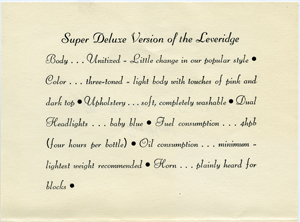 |
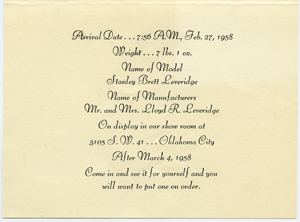 |
As always here at Cladrite Radio, you can view a larger version of each of the above images by clicking on it.

